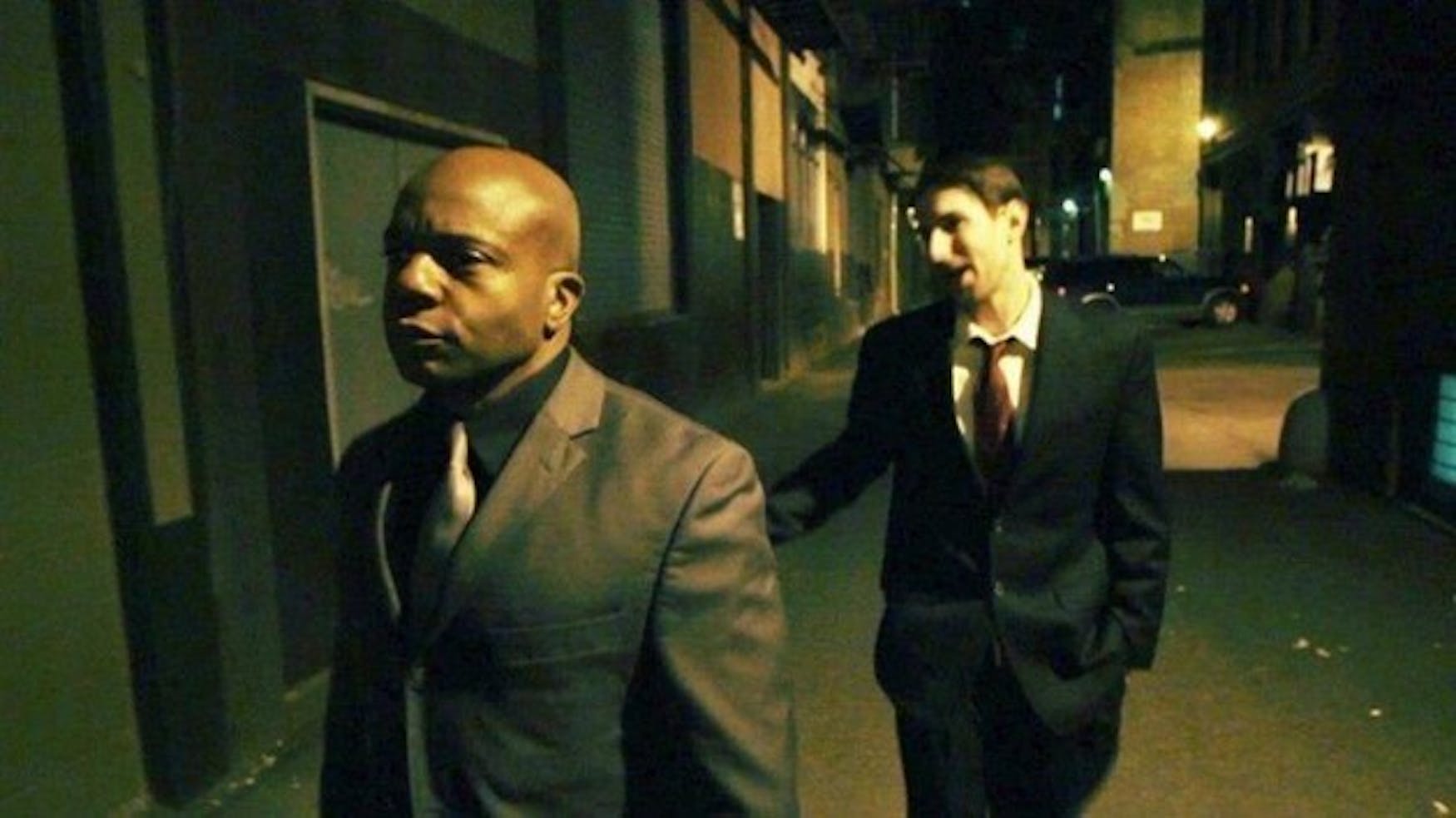Film Studies is an academic hidden gem
As Brandeis looks to capitalize upon its history as a liberal arts university, and keep on par with what a liberal arts education means to students in today's academic climate, the humanities and arts programs have never been more important. One concentration by which the University turns out students well-versed in artistic and multimedia culture is the study of film.
While Brandeis currently offers a Bachelor of the Arts degree in Film, Television and Interactive Media, and a minor degree in the program as well, the classroom marks just the beginning of the education of a film student at the University.
Prof. Alice Kelikian (HIST), chair of the Film, Television and Interactive Media program, explained the program's mission in an email to the Justice: "Our program is uniquely positioned to spearhead the education of students in film and interactive media from a collaborative perspective," she wrote. Kelikian credits the collaborative, interdisciplinary nature of a Brandeis education with inspiring the climate of the FTIM program. "Brandeis already enjoys a long history of breaking down the walls between traditional disciplines, and of what we call 'study-studio,' combining deep inquiry and critical study with experiential learning gained through engagement in the creative process," she continued.
While courses in film production and directing are offered through the FTIM program, the interdisciplinary aspect comes from film-concentrated courses offered through other departments, like English and Theater Arts. Prof. Caren Irr (ENG), who has taught many of these courses in recent years, told the Justice about her approach to studying film.
"Students in film classes have great opportunities to flex their interpretive skills, deepen their appreciation for artistic technique, and advance their knowledge of an active node of contemporary cultural activity," she wrote in an email to the Justice.
Several courses consistently offered by the English faculty, for example, train students in critical viewing and close reading tactics while studying film-from viewing and analyzing films in English courses to writing original screenplays in Creative Writing courses.
Irr, for instance, has "taught courses on Disney animation, American independent film, the new American cinema of the 1960s and 1970s, and documentary," she wrote. Irr described the ambition of the students who she has taught, explaining how "impressed" she has been "with the insight into narrative and visual culture more generally that film students so quickly acquire."
The FTIM program stands out from other humanities departments, especially in the efforts of its faculty to bring well-known filmmakers to campus and connect its students with big names in the industry. An Undergraduate Departmental Representative for the program, Roman Bulgakov '14, wrote in an email to the Justice about some of the events made available to students by the department this fall.
He wrote, "This year only, actor Oscar Isaac was at Brandeis' pre-theatrical screening of his movie, Inside Llewyn Davis. Director Errol Morris came to present his new documentary, The Unknown Known." In the past, he wrote, "the program brought in a few current Hollywood producers and executives to teach a class. From the student perspective, these are all unique opportunities to meet the industry professionals and get real-world exposure."
Kelikian discussed how these networking and viewing experiences are possible for students because of the program's relationships with other groups on campus. "Thanks to FTIM's partnership with [Library and Technology Services], our students have access to professional editing software, and they can borrow top-drawer high-definition digital cameras and other equipment," she wrote.
Irr confirmed how invaluable resources on campus are to these future filmmakers, adding that "The Getz Media Lab makes it easy for students to borrow equipment to make their own films, too, and as a judge for student film festivals, I have seen how funny and creative that work can be."
Using these resources to their full potential gives students a great advantage as they begin to establish themselves as professionals in the industry and seek to enter this artistically and technologically competitive job market. Kelikian wrote, "Concentrators have received course credit for internships at the top studios including Sony Entertainment, The Mark Gordon Company, and The Weinstein Company."
A former student of the program in Film, Television and Interactive Media, and a very exciting example of what an education from the program can translate into after graduation is found in David French '13. French has spent the last several months creating and producing an original short film with a heist plot and surrealist influences, titled Wild Ruse. As the film has just finished the post-production process, French plans to enter it into several film festivals, like Texas' famous SXSW.
When asked in an email interview with the Justice if there is anything he would like to share with current Brandeis students who are hoping to work in the film industry, French wrote: "Start making stuff now. Don't wait for someone else to give you permission. Do it yourself. Employers value outside work highly, it shows drive an initiative. But also you've got to fail a lot before you can figure a lot of this stuff out. Jump."
Bulgakov echoed the sentiment of respect and gratitude that he and his peers feel for the FTIM faculty and the resources that are made available to students. "Both faculty and staff are working hard to attract high-profile guests and lecturers to share their stories with the Brandeis community," he wrote. "They put an immense amount of effort to make it the best program on campus, in the Northeast, in the country and possibly in the world."
Though one of Brandeis' newer concentrations, the Film, Television and Interactive Media program is certainly a point of academic and artistic pride for the University.
The program keeps Brandeis anchored strongly in the roots of its liberal arts heritage by constantly turning out students with professional resourcefulness and driving sense of achievement.



Please note All comments are eligible for publication in The Justice.